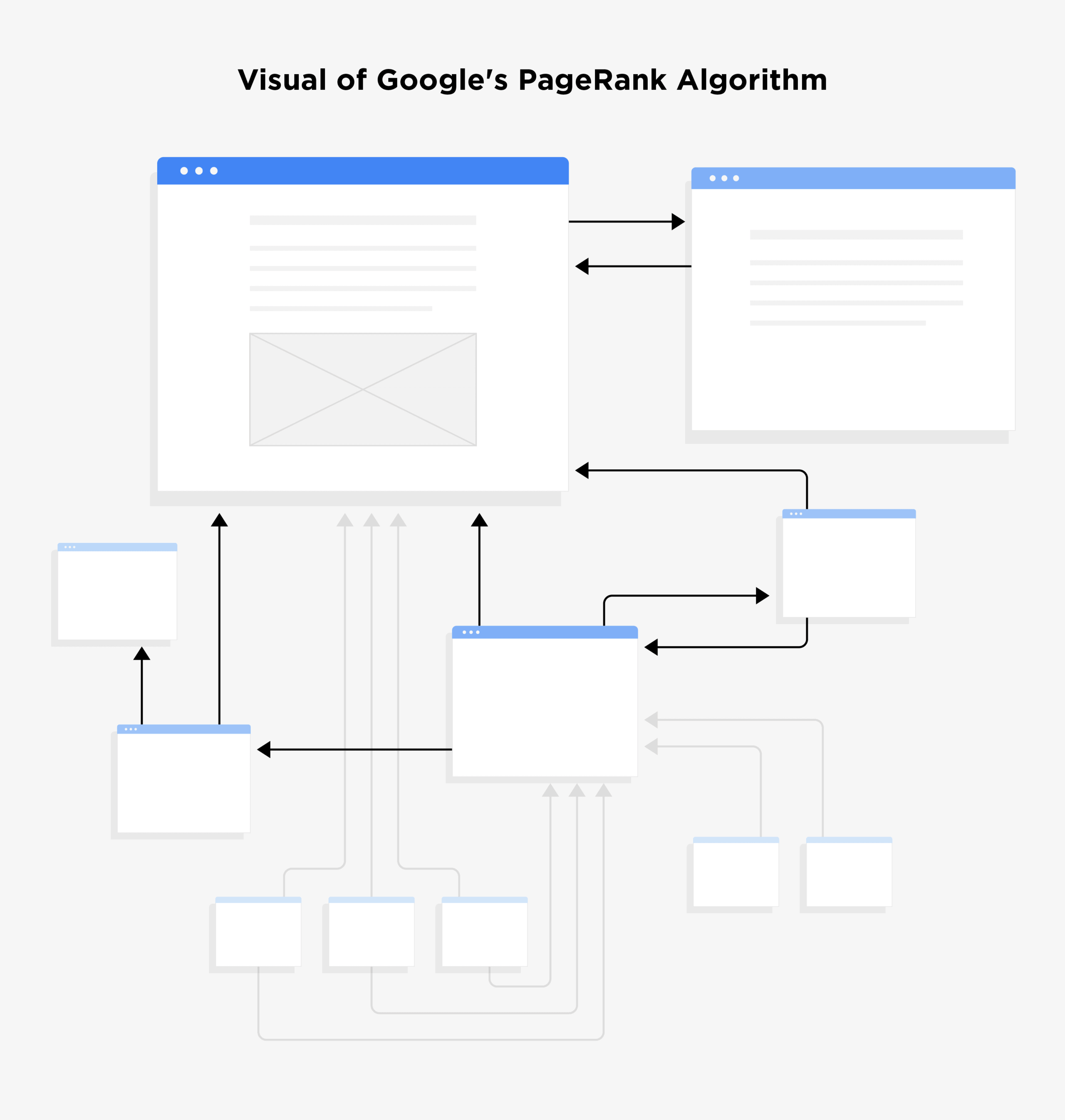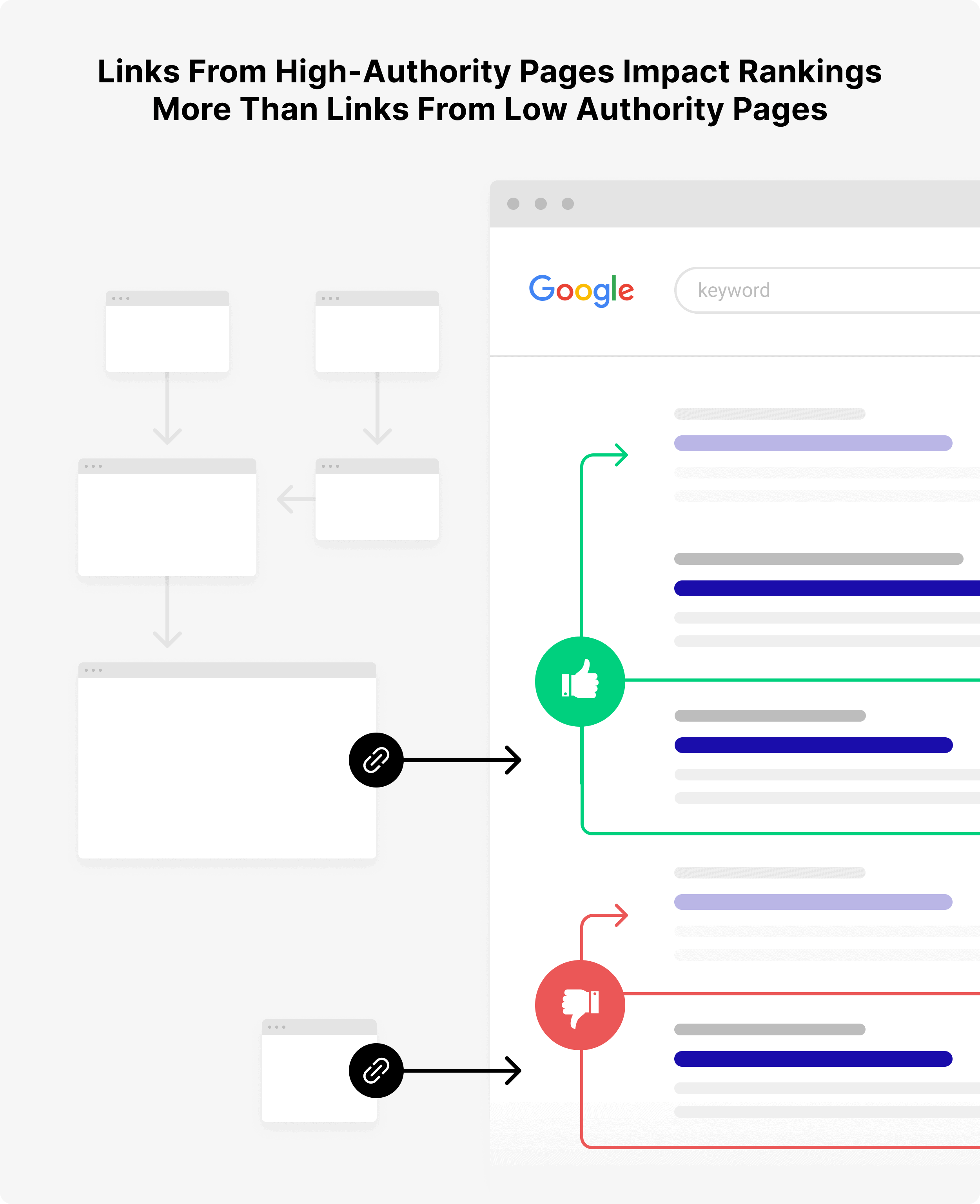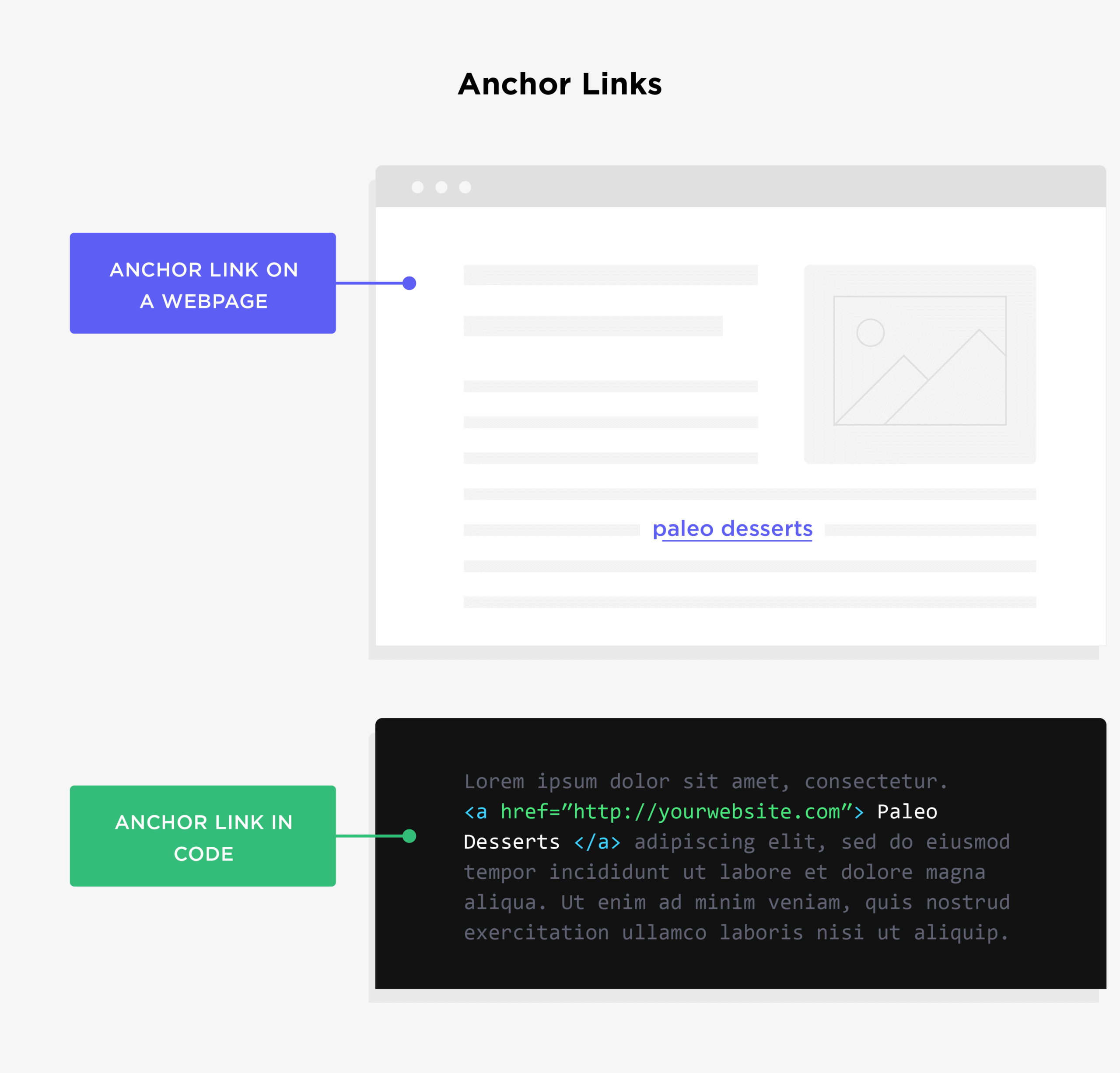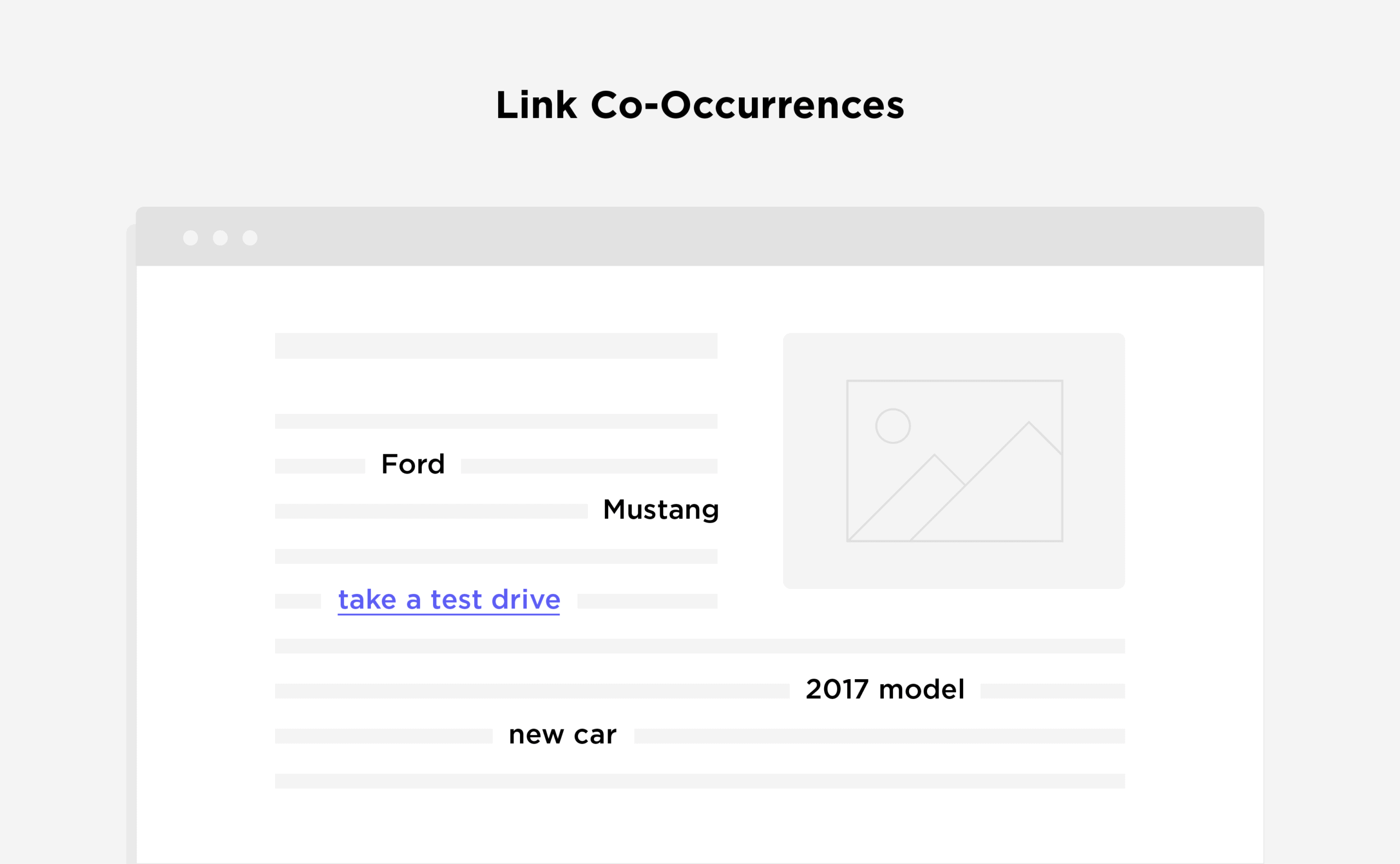Link Building For SEO:The Definitive Guide
This is a complete guide to link building in 2025.
So if you want to build authority backlinks to your website, you’ll enjoy the actionable tips in this new guide.
Let’s dive right in.

Chapter 1:Link Building Fundamentals

In this chapter I’ll answer the question: “What Is Link Building?”.
I’ll also show you why link building is still important for SEO in 2025.
Let’s get started.
What Is Link Building?
Link building is the practice of building one-way hyperlinks (also known as “backlinks”) to a website with the goal of improving search engine visibility. Common link building strategies include content marketing, building useful tools, email outreach, broken link building and public relations.
Why Are Links So Important?
To understand that, you’ll need to hop in your Delorean and go back to the pre-Google days of the internet.
Back in the day, major search engines like Yahoo! and Alta Vista were the dominant players. And they ranked their search results 100% based on the content on a webpage.
Enter: Google.
Their now-famous PageRank Algorithm changed the game. Instead of simply analyzing the content of a page, Google looked at how many people linked to that page.

And they were right. Nearly 20 years later, links are STILL the best way to determine the quality of a webpage. That’s why backlinks remain Google’s go-to ranking signal.
That said, thanks to updates like Google Penguin, Google now focuses on link quality (not just link quantity).
You might be wondering:
What is a high-quality link, exactly? And how do I build them?
That’s what I’m going to cover in the next chapter.
Keep reading…
Chapter 2:How to Find High-Quality Links

Before we dive into the step-by-step link building strategies, it’s important to know what makes a good (or bad) link.
That way, you can focus on building links that will actually improve your Google rankings.
With that, here’s how to identify links that are actually worth building:
Authority of the Page
Is the page linking to you a PageRank powerhouse? If so, that link is going to have a BIG impact on your search engine rankings.
In fact, from years of testing, I’ve found that the authority of the page linking to you matters more than any other factor.
That’s because links from authoritative pages pass more authority (also known as PageRank) to your site.

(Note: Although Google doesn’t share PageRank information publicly, they still use it as the foundation of their algorithm.)
You can easily check a proxy indicator of PageRank (“PageRating”) using Semrush.
Just pop a URL into Semrush and check out its “Authority Score”:

Authority of the Site
A link’s quality is also determined by a domain’s sitewide authority.
In general, a link from a site like NYTimes.com will have a MUCH bigger impact than a link from a no-name blogger.
While these links are tough to get, they’re well worth the effort.
Again, Semrush comes in handy here. Enter a site root URL into the tool and check out its “Authority Score”.

Relevancy of the Site
When it comes to links, a site’s authority matters.
But that site’s relevance also matters.
For example, let’s say you run a website about The Paleo Diet.
And you get a link from an authoritative site… about unicycles. Will that link still count?
According to an interview from an ex-Googler, not really.
“Getting a link from a high PageRank page used to always be valuable, today it’s more the relevance of the site’s theme in regards to yours, relevance is the new PageRank.”
In general, you want to get links from authority sites…specifically, authority sites that are closely related to your site.
Link’s Position on the Page
Is your link embedded in a piece of content?

Or is it buried in a page’s footer?

It turns out that your link’s position on a page is important.
Specifically, links stashed away in footers and sidebars aren’t worth nearly as much as links found smack in the middle of a page’s body content.
Bottom line? You want your links to appear within the main body of a webpage.
Is the Link Editorially Placed?
No matter where your link appears on a page, you should ask yourself:
“Was this link editorially placed?”.
In other words, did someone link to you because they thought your site is awesome? If so, that’s an editorial link.
Or did you create a profile on a random site and drop a link? That’s not an editorial link.
As you might expect, Google puts MUCH more weight on editorially-placed links.
“Creating links that weren’t editorially placed or vouched for by the site’s owner on a page, otherwise known as unnatural links, can be considered a violation of our guidelines.”
Link Anchor Text
Anchor text is the clickable text section of a link.
As it turns out, Google uses anchor text as a ranking signal.
For example, let’s say you get a link to your site with anchor text: “paleo desserts”.

Google sees that anchor text and says: “Hmmm. That site used the anchor text: “paleo desserts”. The page they’re linking to must be about “paleo desserts.”
Of course, like anything in SEO, keyword-rich anchor text has been abused. Today, building lots of exact-match anchor text links is considered spammy.
Here’s an example of what I’m talking about:

In short, I don’t recommend building links with keyword-rich anchor text. But if you DO get a link with your keyword in the anchor text, it’s time to celebrate.
Link Co-Occurrences
Co-Occurrences are the words and phrases that appear around your link.
Google likely uses co-Occurrences as “baby anchor text”.

This makes sense if you think about it:
The text around your link also gives clues to what your page is about. So why wouldn’t Google use it?
Is the Link From a Guest Post?
A few years ago, Google came right out and said:
“So stick a fork in it: guest blogging is done; it’s just gotten too spammy.”
– Matt Cutts, Former Head of Google’s Webspam Team
Is that true?
Well…it depends.
Here are some red flags that can make guest posting spammy:
- Someone is paid to publish the post
- The post contains exact match anchor text
- The site exists solely to publish guest posts
- The site is unrelated to yours
But what if you publish a mind-blowing guest post on an authoritative, relevant site? In my experience, that link CAN help you rank.
Nofollow .vs. Dofollow
rel=”nofollow” is a tag added to a link that tells search engines: “Don’t count this link as an endorsement.”.
Obviously, when it comes to SEO, you want to get normal, “dofollow” links whenever possible.
Now that you can know how to size up a link’s quality, it’s time to start building them.













